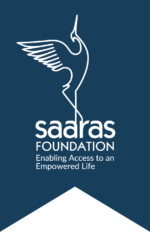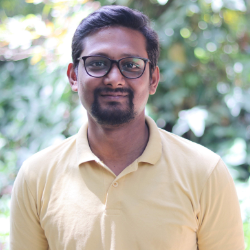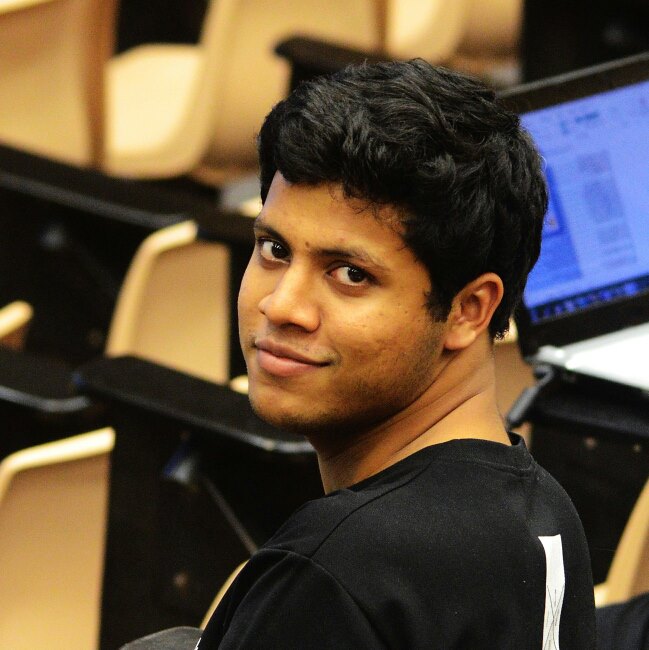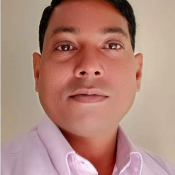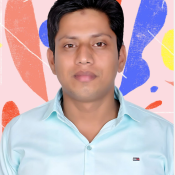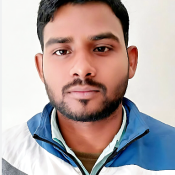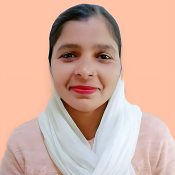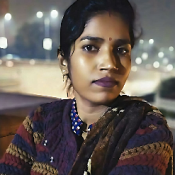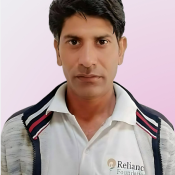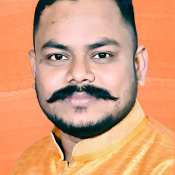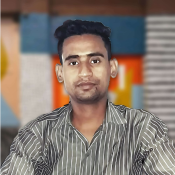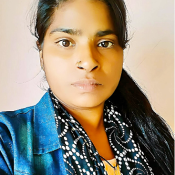About Saaras
Saaras Foundation is a non-profit organization working for economically weaker sections and disadvantaged groups for their rights and welfare schemes.
Since its inception in 2017, we have been working on the implementation of various government policies/schemes like RTE 12(1)(c), Scholarships, PMMVY, Labourcards, Ayushman Cards, E-ShramCards, Income, Caste certificates,Girls’ child related schemes,etc. in Uttar Pradesh and Haryana through our Campaigns, Training, Helpline, and Technology support model.
Saaras works with low-income backgrounds (Economically Weaker Sections) communities i.e., usually with income less than One lakh rupees, and Socially Disadvantaged groups, both in urban and rural locations.
Mission
Bridging the gap in access by working in collaboration with all stakeholders involved i.e. community, civil society and government. To be driven by the use of technology, research, advocacy and data analytics as levers.
Vision
Approach
We use the following 5 pillars as a part of our approach to solving
the massive problem of policy implementation.
1. Grassroot level interventions:
To empower disadvantaged communities is very important to connect them with government welfare policies. For this purpose, Grassroot intervention is a very important tool. In Grassroot level intervention we do lots of activities like Awareness programs, identification of beneficiaries, support on preparation of documents and filling out the Application form, and organizing various campaigns. these all activities are done by our community mobilizer team. Community mobilizers are always connected to the community in which we work.
2. Ecosystem Building
Creating an ecosystem for better collaboration amongst the chief stakeholders viz. Government, Civil Society, Communities, and Media access information in one place in a transparent manner. Currently, the lack of collaboration, information sharing, cross-learning, and coordination between these stakeholders, is a large barrier to successful policy implementation.
3. Leveraging Technology
Use of Technology to enhance process efficiency and information dissemination. We use technology like MIS (for data analytics), Web Applications (to keep a record of the details and status of each beneficiary) Mobile Applications (to facilitate individuals to apply for welfare benefits), and a dedicated missed call helpline center (mention the type of technology used here if possible – IVRS / SMS, etc)
4. Building Self Reliance
We develop champions within the underprivileged communities we work with, to ensure that the awareness of welfare policies and how they can be accessed, is shared, owned, and driven by the communities. This helps nudge the community towards self-reliance and over time, reduces their dependence on the support of external interventions like ours. We also train and upskill these champions to convert them into local social entrepreneurs for sustainability. (please specify if you are promoting their sustainability – e.g. providing them a livelihood, or if you mean organization sustainability).
5. Policy Advocacy & Research
To ensure accountability of the state government to its intended beneficiaries and provide best practices and suggestions for successful implementation with potential applications across the nation.
Advisory Board

Shariq Mohammad
Shariq Mohammad is a strategic HR leader with diverse experiences across all facets of HR, working globally, in both fortune 50 and pre-IPO companies, with high growth and turnaround situations. He has been honored to be pulled into a variety of companies by people who know him to build & executed critical strategic initiatives around talent strategy, business transformation, international growth, M&A, incentive design, offshoring/out/insourcing, and high-volume recruiting…

Mr. Harmik Wilkho
Harmik has a collective experience of more than 11 years in the domains of Technology and Education across the geographies of India and Africa. He started his career at Accenture before moving to the non-profit sector where he worked across various roles in Operations, Marketing, Fund Raising, and Growth Strategy. In his current role, he is the Senior Product Manager of LEAD School.

Mr. Santosh Abraham
Santosh started his professional journey by working across banking conglomerates such as Citi and HSBC where he led a team and oversaw global trade divisions. Santosh also founded ATRIOS consulting which offers a business solutions in a couple of areas: Leadership hiring, and affordable voice solutions to help clients manage their leads and existing customers. Post this, he founded DataoGram, which is incubated at the Department of Science & Technology backed CIBA. Dataogram’s mission is to bring cutting-edge technology to the development sector. Their core product has been enthusiastically received and they have diversified offerings in response to market demands.

Mr. Varun Rangarajan
Varun is a deep generalist who has worked at considerable depth across a multitude of functions – Fundraising, Network building, Grant management, Coaching for high performance, Org growth strategy and development, and Educational Program design and development. He has wide experience in leading important functions and working across various development organizations like – Noora Health, Azim Premji Foundation, Ashoka, and Indus Action. Currently, he works as the director of implementation at Noora Health.
